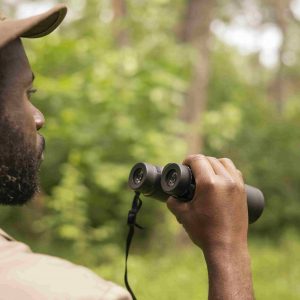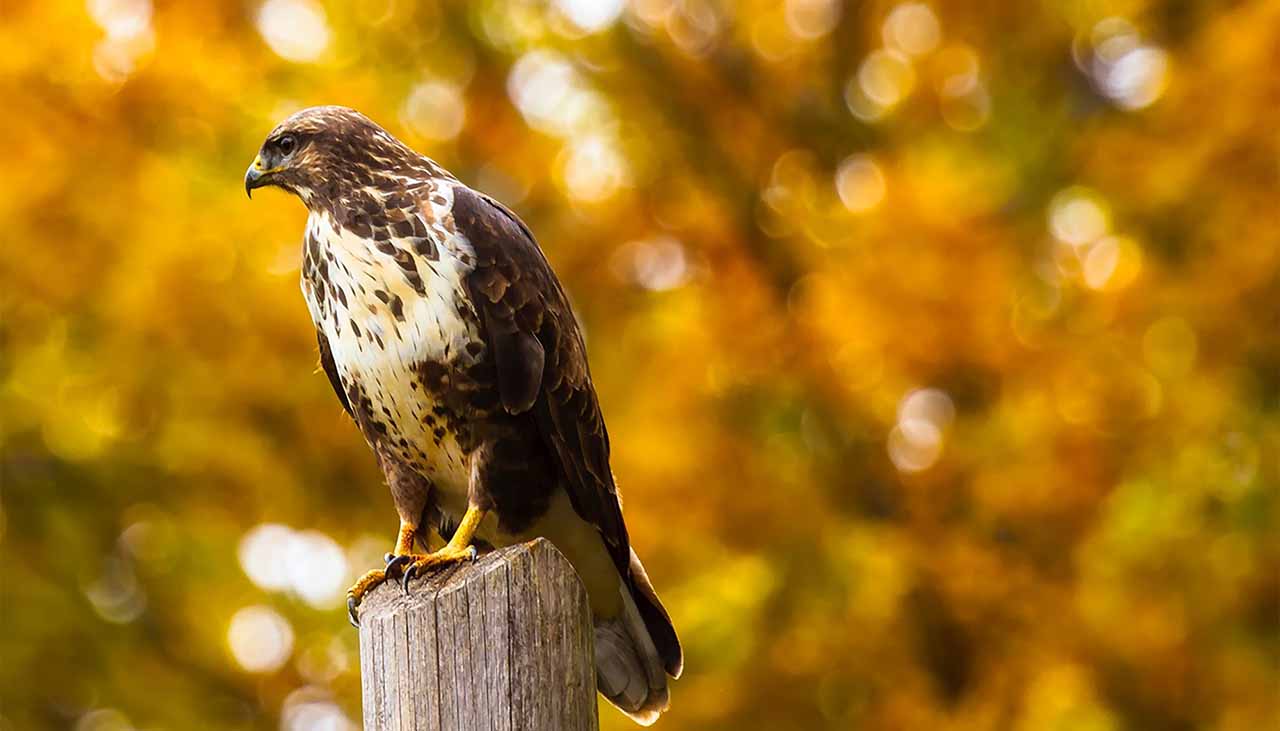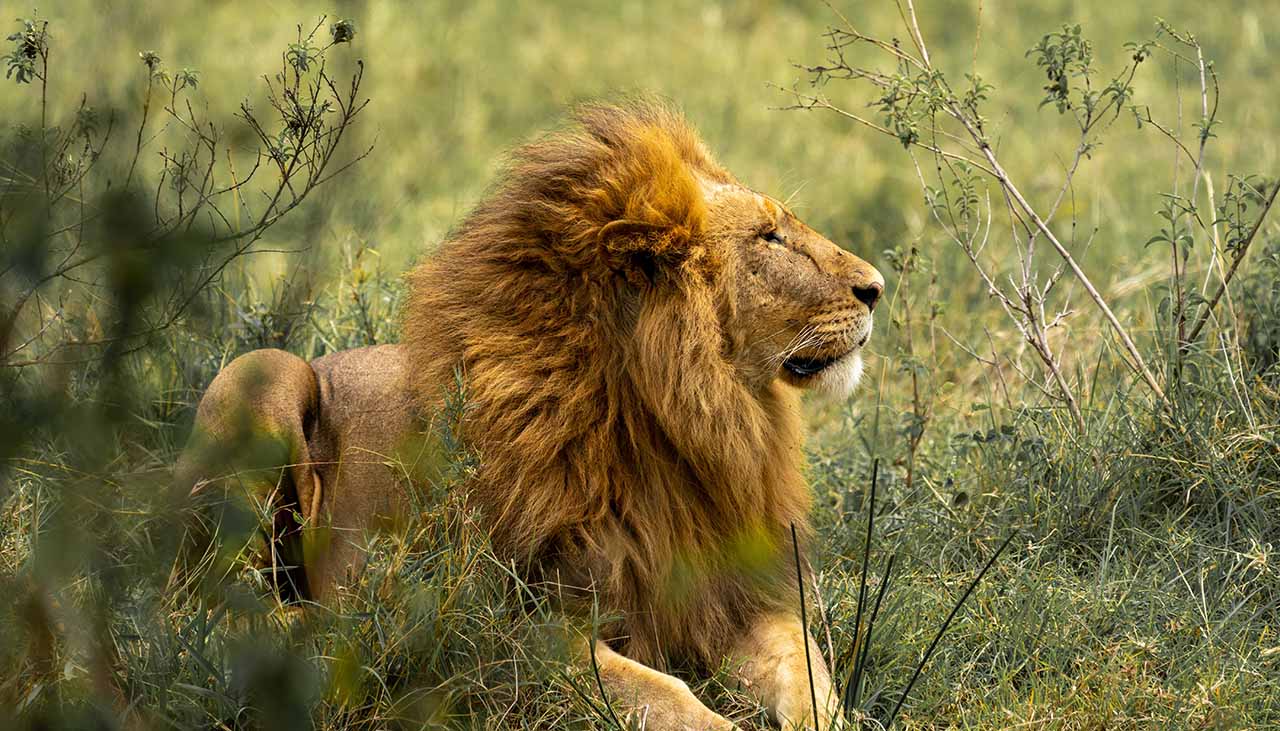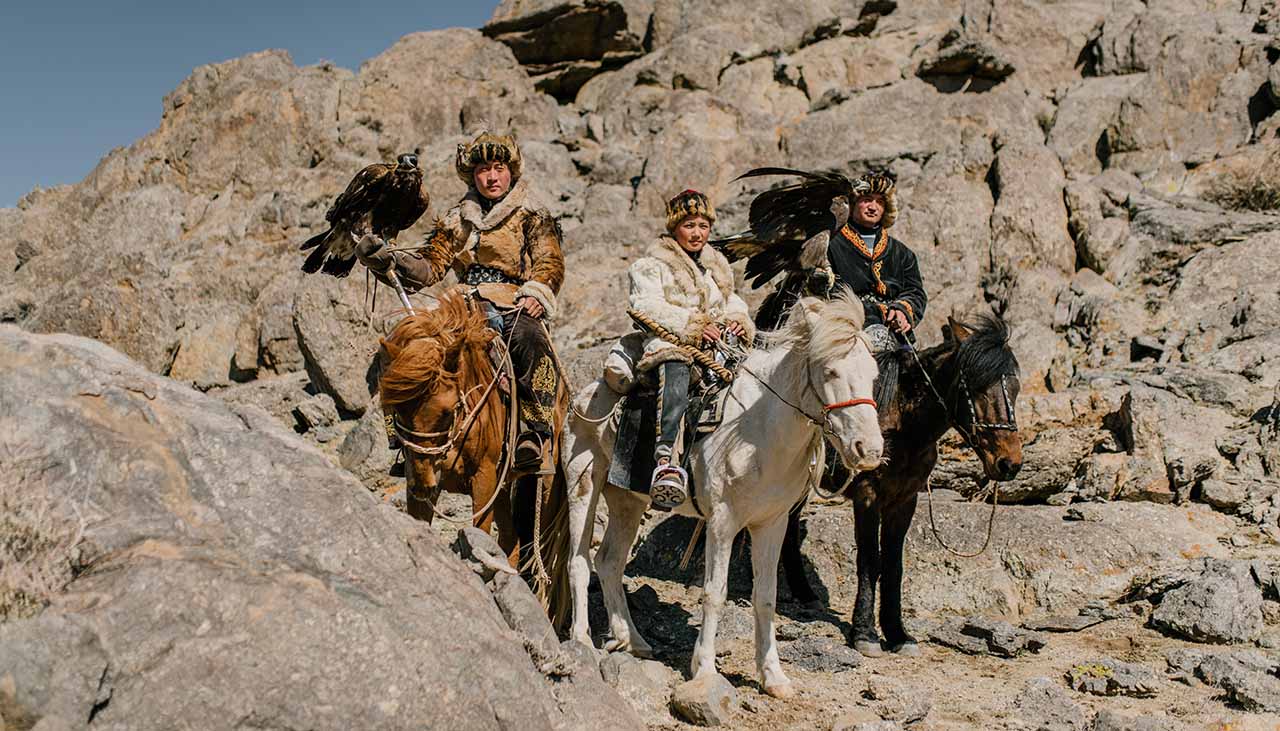For many, the thrill of hunting is an indescribable feeling; one that can never quite be put into words. Not only does it give us a chance to connect with nature in a profound way, but there’s also something so primal and powerful about the experience – whether you hunt for sport or food. It goes beyond just shooting at a target. For some, it’s an exhilarating escape from everyday life, while others find tremendous satisfaction in knowing they provided their own sustenance. But regardless of why or how people choose to hunt, there is no doubt that engaging in this activity has consequences on both mental and physical levels, as we learn more and more about the psychological aspects of hunting each day.
Understanding the basic psychology behind hunting
Hunting is more than just a physical activity, it requires mental and emotional preparation as well. It takes skill, knowledge, experience, and courage to hunt successfully. Before heading out in the wild you should ensure that you have the necessary tools and equipment needed for the task at hand. You will also need to hone your instincts and practice concentration so that you may be able to identify prey from afar quickly and accurately.
Exploring the natural environment and developing an appreciation for nature
While hunting can be a great way of connecting with nature by being outdoors, it can also be an opportunity to exercise your skills of observation and patience while learning about animal behavior in their natural habitats. Taking time during each hunt to stop and take in your surroundings can be a great way to connect with the environment and deepen your appreciation for it.
Learning to be patient and disciplined in pursuing a goal
Hunting requires patience, as sometimes you may have to wait for hours before finally spotting a target animal or bird in the distance. It also requires discipline, as you need to stay focused on your task at all times to succeed.
Utilizing stealth tactics and concentration when stalking game
Stealth is of the utmost importance while hunting, as prey can easily detect movement from far away distances if they sense any danger. You will want to make sure that you blend into your surroundings by wearing camouflage clothing and using natural covers such as bushes and trees whenever possible. Additionally, stalking silently and with the utmost concentration can greatly increase your chances of a successful hunt.
Experiencing a sense of accomplishment after successfully achieving a hunt
Once you have finally achieved success in your hunting endeavors, it is an incomparable feeling that cannot be put into words alone. As you enjoy the fruits of your labor and survey the bounty before you, you will know that all your hard work and dedication have paid off in the end.
Appreciating the power of being in tune with one’s surroundings
When it comes down to it, hunting requires more than just physical skills and techniques—it requires getting in touch with nature on a deeper level by being aware of one’s environment and understanding how to interact with it successfully. When you become one with the natural environment, hunting can be an incredibly rewarding experience that will stay with you for a lifetime.
Honoring the animal that you have hunted
Finally, it is important to acknowledge and honor the animal whose life was taken during a hunt. Taking time to reflect on the experience and give thanks for the bounty provided is an important part of honoring wildlife and cherishing nature’s gifts.
Utilizing ethical hunting practices
Ultimately, it is important to utilize ethical hunting practices that are respectful of nature and wildlife to ensure the sustainability of our natural environment. It is vital to familiarize yourself with local regulations and be mindful of your impact on the environment while out in the wild.
Realizing that hunting can be a beneficial activity
By utilizing the right tactics and practicing ethical hunting, it is possible to reap the many benefits of this age-old tradition. Through connecting with nature and honing your physical and mental capabilities, you will develop a greater appreciation for our wild spaces while also providing yourself with necessary food sources or potential trophies.
Integrating hunting into other activities
Finally, there are many ways to incorporate hunting into other outdoor activities. For example, you can combine hiking and camping with a hunt to make the most of your experience in nature. By combining multiple disciplines, you will be able to gain an even deeper appreciation for the outdoors while also having fun.
Understanding the importance of conservation
Finally, it is important to understand that hunting requires a great deal of respect for nature and its inhabitants. As such, animal conservation should always be kept in mind and hunters must ensure that their actions are having a positive impact on the environment. By taking steps towards conservation, we can ensure that our wild spaces will remain protected and abundant for generations to come.
Conclusion
Overall, hunting can be a rewarding experience that brings us closer to nature while providing us with food, trophies, and a sense of accomplishment. With the right tactics, concentration, and respect for wildlife, we can enjoy this unique activity responsibly and make the most of our time in the wild.





